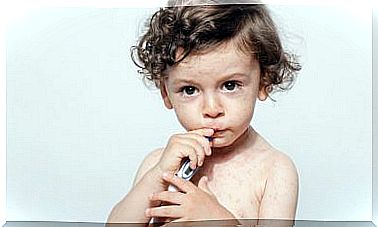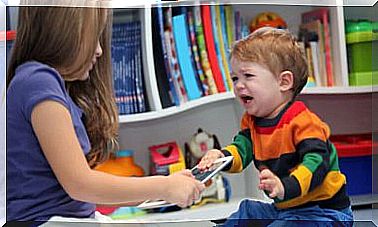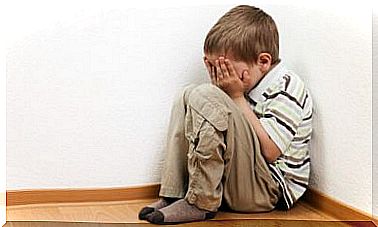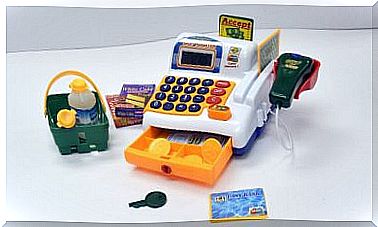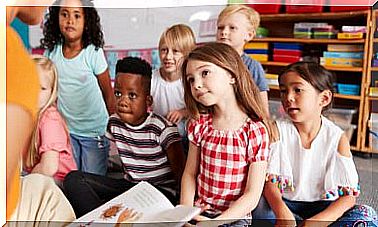This Is How Social Networks Stimulate Adolescents

Currently, we are all connected through social networks, it is not only a matter of adults, children and adolescents are also under the influence of these. Recent studies have revealed that the comments produced by the users of these networks may affect us in different ways, but it is adolescents who are in fact stimulated enormously.
Research has found that substantial changes occur in young people when they have received signs of approval on social media . The power of “likes” has exceeded the limits of reason, as they cause surprising stimuli in adolescents without an apparent cause.
Receiving a gesture of approval or a positive comment on their photos or a post translates into a reward for young people, who also work hard to improve their appearance on the networks. According to studies , at the brain level each “like” is capable of activating the same areas that indicate pleasure.
Studies reveal how social media stimulates teens
As parents we may have noticed that our teenage children are excessively concerned about staying connected to the networks, it is also obvious that they are interested in knowing how they look in their photographs. To a large extent, young people imitate each other so that their style and poses are similar, this represents an intention to achieve the approval that others have already received.
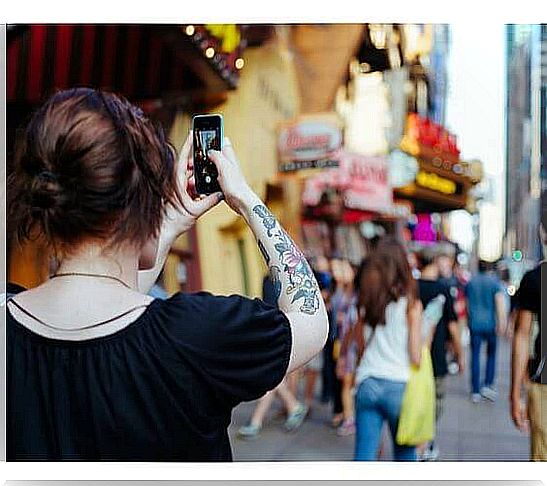
Experts from the University of California, Los Angeles, obtained real results by conducting studies on the behavior of adolescents around social networks. To achieve their purpose, they recreated a network in the style of the famous Instagram.
The test network was designed so that people could post their photos, only this time a group of children and young people between the ages of 13 and 18 was used as a variable. The researchers worked with 32 adolescents, who would be representing the users of the network for the study, their function was to bring their own photographs and look at some of the laboratory.
Scientifically, the experts were able to demonstrate that through the brain connections, the young people manifested a certain stimulus every time their photos were approved through the desired “I like”. The results of the MRI were definitive and very similar to what the specialists estimated.
The study comprised a series of experiences in which the children looked at everyday images, others more unusual but fun, and also their own photos. The adolescents’ participation was to “lend” their brains to be analyzed, as the researchers arranged everything so that their photos received the greatest amount of approval.
Effects of social media
According to research, adolescents’ brain activity was actually affected by the recognition they believe they received. It was rewarding for them to think that their classmates had approved of their photographs, especially compared to the much bolder ones.

The results indicate that the effects are true, as they were monitored by magnetic resonance imaging; In other words, the reach of social networks is genuine and even worrying. In this regard, the specialists point out that it is possible that the opposite reactions can also affect young people ; not receiving approval could negatively affect them as much as it positively affects them.
Other effects recognized by the study indicate that part of the feeling of well-being that accompanied the young people in this experiment is related to social recognition, the ability to attract attention and many features of imitation. In this sense, they were able to observe that the boys were inclined to say “I like” those images that had more approvals, even when they were not very striking.
The study concluded that the stimulus that young people receive due to social networks is relative to any social rehearsal that allows adaptation through what is socially considered “cool”, something very important in adolescence. According to experts, the reaction in these cases is equivalent to concepts such as “peer pressure” or “peer influence”.
